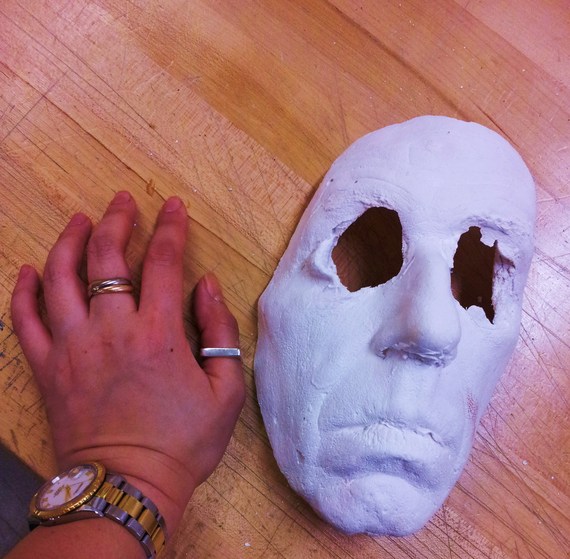Robin Williams' recent suicide has garnered national attention, spotlighting depression. Many cannot comprehend why such an accomplished man would take his own life. His comedic genius reaped major industry awards. He had fame, fans and family. But these riches were not enough to release him from the grips of mental illness.
It's never enough. Indeed, very successful individuals may have greater, or at least different, obstacles to overcome in getting help. This may be especially true in the corporate world which demands that its leaders be invincible. Depression can forever brand someone as vulnerable and unstable. Revealing any kind of perceived weakness comes at a steep price. Society more readily allows mental illness in creative Hollywood types than Wall Street types.
Imagine a study which tracked how many Fortune 500 companies would hire an extremely qualified C-level executive who admitted during interviews that s/he took two years from working to thoroughly deal with depression. The candidate should even insist that s/he is much more emotionally healthy after the hiatus. How many candidates do you think would be offered the job?

Mask by Derek Haffar
The stigma of mental illness prevents people from seeking help. Instead, sufferers may devote even more effort into their careers to block out the pain. Anything so they don't need to confront the problem. The situation is further exacerbated when highly functional individuals consistently meet ever challenging goals. With each progressive step, depression becomes easier to hide behind a fortress of success.
As Amanda Beard titled her memoir, In the Water They Can't See You Cry. When she was a young teenager, Beard won two silvers and a gold medal at the Atlanta Olympics. Over the course of three subsequent Olympic games, she added three more medals to her name, as well as a thriving modeling career. Despite her extraordinary victories, she admitted to masking her clinical depression behind very public smiles. She managed to hide her cutting, bulimia and abuse of alcohol and drugs from friends and family.
Professional and material rewards blind society to those who need help. We equate a great resume and large bank account with happiness. Casual observers don't register anything wrong; sufferers are too conflicted about the emptiness they feel. The lack of communication both ways cultivates a dangerous environment of mental isolation.
In the PBS series, Faces of Depression former Fortune 500 CEO (at the age of 35) Philip Burguieres estimates that half of all CEOs experience depression during their careers. After he was diagnosed with depression, Burguieres resigned from his job to escape the stigma of mental illness. He thought he'd never work again, stating, "I felt that I couldn't talk about depression in a professional setting, because it seemed like admitting to weakness, or failing... At that time, it was really hard for corporate America to accept depression for what it is: a disease. It's still difficult for people to define it as such." Initially, three months in a mental health clinic and trial runs of seven kinds of antidepressants didn't cure him. He finally recovered by changing his mindset and connecting with an acquaintance who was also fighting depression. These days, Burguieres focuses on helping others by his commitment to de-stigmatizing depression in the corporate world.
Maybe someday, we'll be able to freely admit crying in the corner office.
In the meantime, we should also consider the other end of the spectrum: schoolchildren. Many studies have warned that younger generations are not learning how to meaningfully connect with others offline. Children growing up in the internet age display stunted social skills, which will later limit their career prospects and relationships. We are headed towards a frightful future if we don't address this growing pandemic now. Robin Williams's daughter Zelda driven off Twitter by vicious trolls shortly after news of her father's death.
In an NPR story about teenage texting, Harvard-Westlake High School teacher Nini Halkett
finds [her students] increasingly shy and awkward in person.
"They can get up the courage to ask you for [a deadline] extension on the computer," she says. "But they won't come and speak to you face-to-face about it. And that worries me, in terms of their ability - particularly once they get out in the workplace - to interact with people."
At Bethesda-Chevy Chase High, several students -- some who embrace texting and one who says he avoids it - voice the same concern. As in Pew focus groups, the teens admit they use texting to avoid confrontation or uncomfortable situations.
